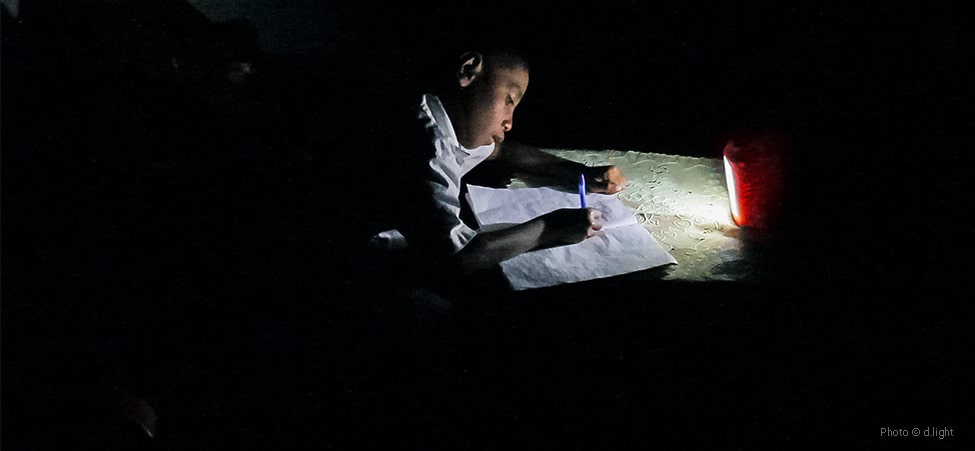Invest your money to change the world. That’s the idea behind “impact investing,” which is the new frontier for many of us who want to invest with a conscience. Does it seem not enough to just boycott polluters and other “bad” actors (however that’s defined)? Then you might want to consider private funds whose investments aim to bring about economic, social and/or environmental change. This week, Global Partnerships CEO Rick Beckett spoke at LNWM about his organization’s impact-investing in Latin America and its first fund for Africa.
Impact investing is different from traditional Socially Responsible Investing (SRI). SRI usually means investing in publicly available mutual funds that essentially strive to do “no harm.” Basically, SRI means NOT investing in companies that get low ratings on Environmental, Social and Corporate Governance factors (collectively known as ESG). A whole industry has sprung up to provide ESG ratings that mutual funds use to screen for acceptable stocks and bonds.
By contrast, impact investing is about funding change directly.
Global Partnerships, for example, lends money to organizations that are making a difference at the household level — by selling things like inexpensive solar-powered lamps to families that normally burn kerosene. The result is better lighting for less money and no smoke. So investors make a return, while family health, finances and the environment benefit. This is at least a “triple bottom line.”
Since 1994, Global Partnerships has launched five fixed-income funds that make loans in Latin America and the Caribbean and pay quarterly interest. It has put to work $154 million in 338 impact investments. Its payout record for interest due and return of principal: 100%.
Now, Global Partnerships is putting together a sixth fund that will invest in East Africa. They will continue to invest only in projects likely to have a market, as well as being a good idea. Sure, it’s a good idea to sell cheap cook stoves that replace wood-burning, for example. But if most farmers get the wood for free, this isn’t a viable market.
Some of the key questions Rick Beckett and his team ask prior to investing:
- What is the product or service to be delivered?
- What is the impact at the household level?
- What are the economics – can the product be market-sustained and scaled?
- Are there other enterprises already providing this product?
Certainly, the potential is large for Global Partnerships’ work in the developing world. There are about 500 million families worldwide doing subsistence agriculture. And they need much more than small loans to buy inputs like seeds.
NOTE: If you have a donor-advised fund (DAF), there are various ways you can use that to make impact investments. More on that in future posts.



